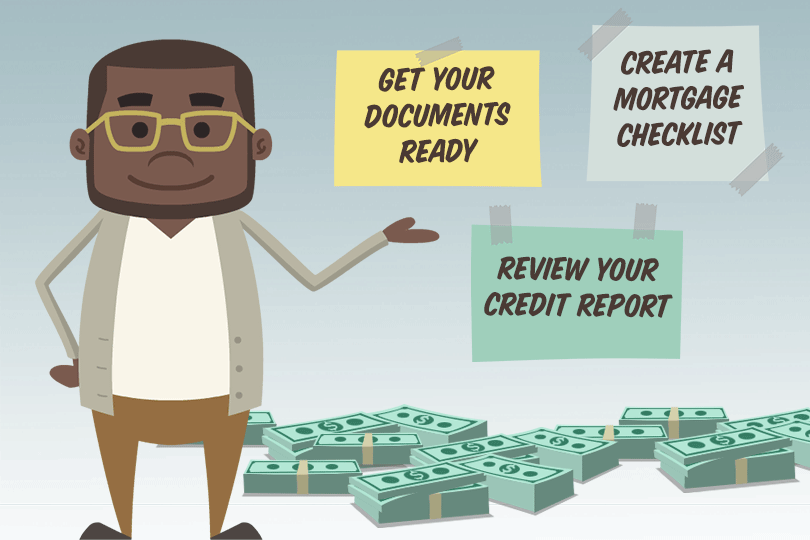Employment Requirements for FHA Loans
July 15, 2023
Steady Income
- Employment History
Lenders will typically require at least a two-year employment history. This doesn't mean you have to work for the same employer for two years; it just means that you need to have a continuous employment record during that time. - Gaps in Employment
If you have gaps in your employment history, you may still qualify for an FHA loan, but the lender will want to understand the reasons for those gaps. Be prepared to provide an explanation, and it's helpful if the gaps were due to factors beyond your control, like a medical issue or the birth of a child. - Income Consistency
While having a steady job is crucial, so is having a consistent income. If your income fluctuates significantly or relies on bonuses, commissions, or self-employment, you may need to provide additional documentation to prove your ability to repay the loan.
It's important to note that while the FHA has minimum credit score requirements, individual lenders may set their own standards. It's possible to find lenders who are willing to work with borrowers with lower credit scores, but you may need to make a larger down payment or meet other compensating factors.
Verification of Income
- Pay Stubs
You'll need to provide recent pay stubs that show your year-to-date earnings. These pay stubs help lenders confirm your income. - Tax Returns
Lenders may also ask for your tax returns for the past two years. This is particularly important if you're self-employed or have income from sources other than traditional employment. - Employment Verification
Your lender may contact your current employer to verify your employment status and income. - Written Verification of Employment (VOE)
You might be required to provide a written VOE, which is a document from your employer that confirms your job, income, and other relevant employment details.

FHA Loan Articles
April 23, 2025 While the prospect of lower interest rates or more favorable loan terms can be enticing, there are situations where waiting is the better option. Refinancing without carefully considering your current financial circumstances is never a good idea, but careful planning in the current financial environment is even more important.
April 22, 2025First-time home buyers worry about loan approval, but there are important steps to take to increase the likelihood that the lender will approve their application for the loan or pre-approval. What do you need to know before you choose a lender?
April 16, 2025There are smart uses for cash-out refinancing loan proceeds and uses for that money that may work against the borrower. We examine some of those choices below, starting with using an FHA cash-out refinance for investment purposes. Is this a good idea?
April 15, 2025House hunters sometimes face a curveball when the appraisal for a home they want to buy with an FHA mortgage is lower than the offer. Is this a deal-breaker? Believe it or not, it isn't the end of the road. A low appraisal can sometimes be just a bump in the road. In other cases, you may wish to walk away from the deal. Here's your game plan to navigate this situation...
April 14, 2025 Buying a home with an FHA loan can be an exciting and achievable goal. This quick quiz helps you gauge your understanding of FHA loans and what it takes to make a winning offer on your new dream home. Take a few moments to answer the questions and see how prepared you are to navigate this crucial stage of your home-buying journey.







